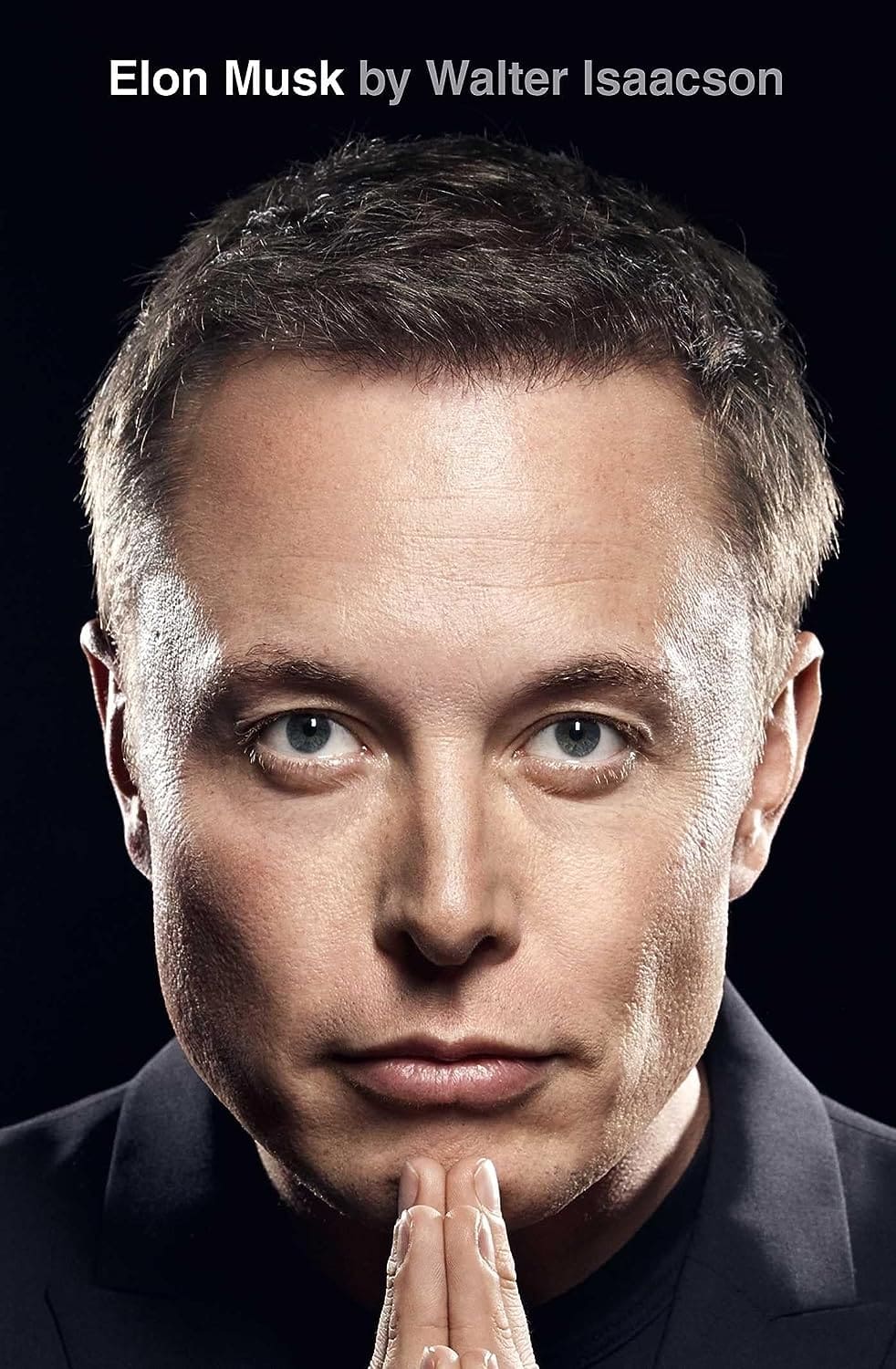Computers & Technology
Computers & Technology: Powering the Modern World
In today’s fast-paced digital age, it’s hard to imagine a world without computers and technology. These two terms often go hand-in-hand, shaping our daily lives, industries, and the future. But what do they really mean, and how do they differ and complement each other?
1. What is the Meaning of Computers and Technology?
Computers: A computer is an electronic device that can store, retrieve, and process data. They use specific sets of instructions, known as programs or software, to perform a variety of tasks, from simple calculations to complex simulations. Computers come in various forms, including desktops, laptops, tablets, and smartphones.
Technology: In its broadest sense, technology refers to the application of scientific knowledge for practical purposes. It encompasses tools, machinery, techniques, systems, and methods used to achieve a goal or solve a problem. In the context of our discussion, technology pertains to the broader ecosystem within which computers operate, including software development, network infrastructure, and data management, among others.
2. What is an Example of Computer and Technology?
Computer Example: The smartphone in your pocket or the laptop on your desk are prime examples of computers. They use processors to run applications, RAM for short-term memory, storage devices like SSDs or HDDs for long-term data retention, and operating systems like Windows, MacOS, or Android to manage tasks and user interactions.
Technology Example: Cloud computing is a fantastic representation of technology. It allows users to store data and run applications on remote servers rather than on local devices. This technology harnesses the power of robust data centers, advanced networking capabilities, and innovative software solutions, providing users with scalable resources and services.
3. What is the Difference between Computer and Technology?
While closely intertwined, computers and technology stand apart in their definitions.
Computers are tangible devices. They’re the hardware you touch, see, and directly interact with. This includes everything from the supercomputers running complex simulations to the fitness trackers monitoring our daily steps.
Technology, on the other hand, is a broader umbrella. It includes the computer hardware, but it also encompasses the software that runs on these machines, the networks connecting them, the algorithms powering digital platforms, and so much more. In essence, while every computer is a product of technology, not every piece of technology is a computer.
4. What is the Importance of Computer and Technology?
The symbiotic relationship between computers and technology has revolutionized our world.
Economic Growth: The tech industry is a significant driver of the global economy. Innovations lead to new businesses, job creation, and market expansions.
Improved Communication: With the advent of the internet and smartphones, we’ve seen a communication revolution. We can now instantly connect with anyone globally, breaking down geographical barriers.
Medical Advancements: Technology has led to improved diagnostic tools, treatment plans, and research methods. Computers play a pivotal role in analyzing complex biological data, leading to breakthroughs in fields like genomics.
Education and Information Access: E-learning platforms, digital libraries, and online courses have democratized education, making it accessible to people worldwide, irrespective of their geographical location or socio-economic status.
Environmental Monitoring: Computers and technology aid in tracking environmental changes, predicting natural disasters, and devising strategies to combat challenges like climate change.
Conclusion
Computers and technology are pillars of our contemporary world. While computers are the tangible manifestations of technological advances, technology itself is the vast ocean of innovations, systems, and methodologies that make our modern life possible. Their combined impact is profound, shaping societies, driving economies, and creating a future filled with limitless possibilities.
Showing the single result


